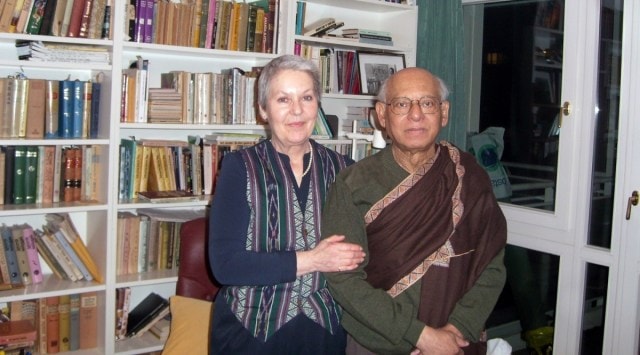In the preface of the first issue of the influential subaltern studies, historian Ranajit Guha explains that the term “subaltern” refers to individuals of lower rank and will be used in the publication to describe subordinate individuals in South Asian society based on factors such as caste, class, gender, and occupation.
Guha further elaborates that subordination is always in relation to dominance, as subaltern groups are constantly influenced by ruling groups, even when they rebel. This concept laid the groundwork for subaltern studies, which aimed to provide a more nuanced understanding of history by defining the subaltern as the non-elite population of India.
Before the emergence of subaltern studies, mainstream scholarship on South Asia was either influenced by colonial Eurocentrism or centered on the interests of native elites, often framed within colonial narratives.
Ranajit Guha, a key figure in subaltern studies, passed away on April 28 at his home in Vienna Woods, Austria. Born in Bangladesh in 1923, he migrated to the UK in 1959 and later settled in Austria with his wife Mechthild Guha, a scholar of Subaltern Studies. Together, they continued their work at the Australian National University.
Guha’s work, including “Elementary Aspects of Peasant Insurgency in Colonial India” (1983), has had a significant impact in mainstreaming the history of marginalized farmers in the Indian subcontinent. His writings on Indian peasant uprisings have inspired a group of influential historians worldwide.
West Bengal Chief Minister paid tribute to Guha, acknowledging his role in shaping the field of subaltern studies and his profound impact on the world of knowledge.


